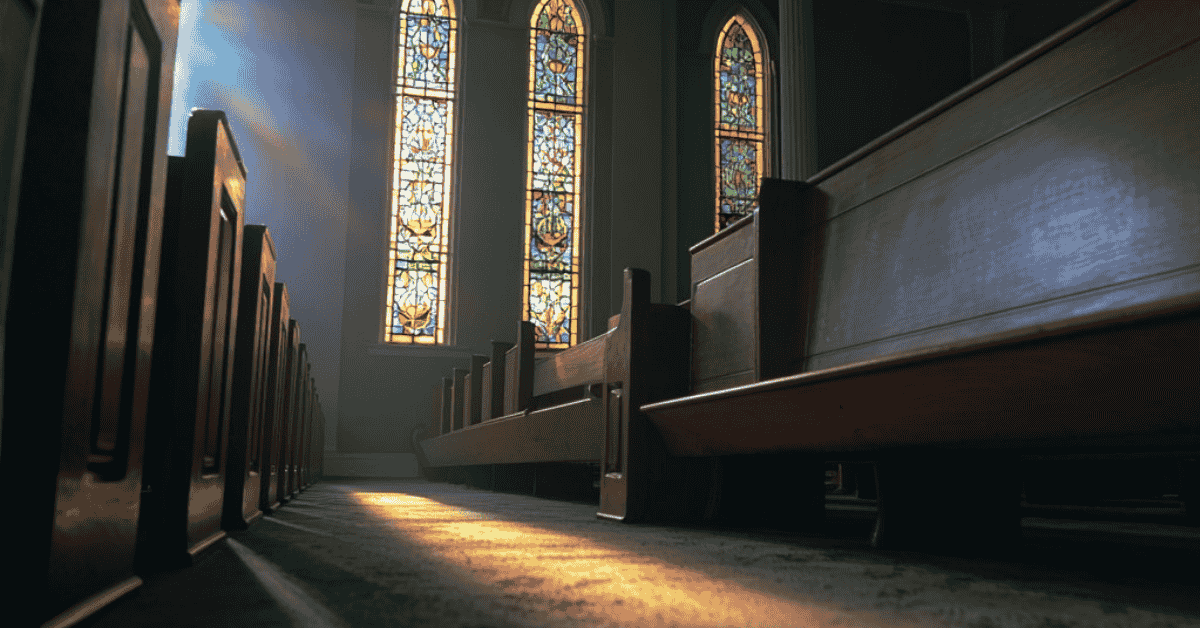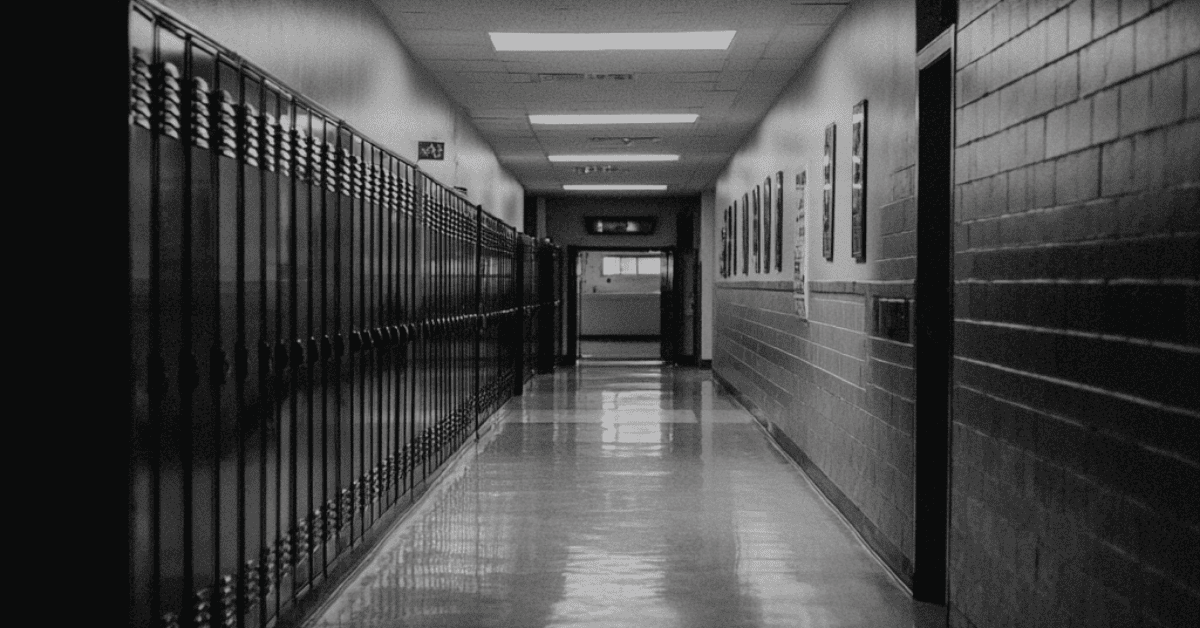Can You Sue a Southern Baptist Church That Says It’s ‘Independent’?
For many survivors of abuse in Southern Baptist churches, there’s one phrase they hear more than any other when seeking answers: “We’re independent.”
It’s meant to shut down questions — and often, it works. No oversight. No denomination. Just one pastor, one congregation, and supposedly no one to hold accountable. But that’s not how the law always sees it.
In Arkansas and across the country, survivors and families are beginning to ask a different question: Does independence mean immunity from justice?
The truth is more complicated — and more hopeful — than most people realize. Even if a church claims to be autonomous, there may still be legal grounds to hold it responsible for sexual abuse, especially when there’s a pattern of misconduct, cover-ups, or institutional neglect.
Many Southern Baptist church abuse cases have shown how independence doesn’t always shield churches from legal liability.
What Does ‘Independent’ Mean in the Southern Baptist Convention?
Let’s clear something up: Southern Baptist churches are not like Catholic dioceses. There’s no hierarchy with bishops assigning pastors or overseeing local congregations. In the SBC, each church is autonomous — meaning it controls its own leadership, policies, and finances.
But autonomy doesn’t mean invisibility. And it definitely doesn’t mean a church can’t be held accountable in court.
Most “independent” SBC churches still send money to the national Convention. They may use SBC-endorsed seminaries to train their pastors. They distribute official SBC teaching materials. They vote at SBC annual meetings. They may be listed in SBC directories. These aren’t random affiliations — they’re voluntary connections that often signal shared beliefs, leadership pipelines, and cultural norms.
So, what does “independent” mean in the SBC? It means local control. But it doesn’t erase broader influence or the potential for shared responsibility — especially when abuse is repeated across multiple affiliated churches.
Can I Sue My Church If It’s Independent?
Yes. In many cases, you can sue an SBC-affiliated church that claims to be independent — particularly if it failed to protect you, ignored warnings, or actively covered up sexual abuse.
It’s important to understand that legal responsibility isn’t based on branding. It’s based on action — and inaction. Whether the church calls itself “independent,” “non-denominational,” or “Southern Baptist,” it can still be liable if it hired a known abuser, failed to conduct background checks, ignored complaints, or knowingly placed children at risk.
Let’s break that down. If a church leader:
- Knew of past abuse allegations and hired someone anyway
- Dismissed a youth pastor quietly without reporting abuse to law enforcement
- Pressured victims or families to stay silent
- Moved a pastor to another church within the SBC network
- Failed to report abuse under Arkansas’ mandatory reporting laws
… then the church may have opened itself up to legal action.
Many survivors who thought they couldn’t sue because their church was “independent” have later come forward — and won. Their stories show that churches can still be held accountable, especially when there’s evidence the leadership knew more than they admitted.
So if you’re asking: Can I sue my church if it’s independent? — the answer is often yes. But that answer depends on facts, documentation, and timing.
Who Is Liable in SBC Abuse Cases?
It’s a fair question: Who actually gets sued? Is it the individual? The church? The SBC?
In general, liability in SBC abuse cases may apply to:
- The individual abuser
- The church that employed or enabled them
- Occasionally, a parent organization, if the church was acting under their direction or using their staff
Most SBC churches act independently, yes — but that doesn’t mean there’s no chain of accountability. If an SBC-affiliated training program placed a leader in a church, or if church elders transferred someone with a history of misconduct to another SBC church without warning the congregation, the web of responsibility starts to expand.
Every case is different. That’s why a full investigation matters — to find out not just what happened, but who let it happen again.
Read About: Real Legal Cases Involving SBC Churches
Let’s be clear: lawsuits have been brought successfully against so-called “independent” Baptist churches — including SBC-affiliated ones — in Arkansas and beyond.
These cases often expose patterns, such as:
- Hiring without proper background checks
- Failing to notify parents or law enforcement when abuse was suspected
- Creating a culture of silence where survivors were blamed or disbelieved
- Using non-disclosure agreements (NDAs) to hide misconduct
One particularly disturbing trend involves church-hopping predators: offenders who move from one Baptist church to another, never formally disciplined, never reported, and always welcomed back into positions of trust. In many of these cases, the receiving churches claimed they “didn’t know” — but records later showed they did. Or should have.
When survivors take legal action, they’re not just suing a building — they’re challenging a system that prioritized reputation over children’s safety.
If your experience aligns with any of these real legal cases involving SBC churches, that’s not a coincidence. It may be part of a much larger, more disturbing pattern.
What Does It Take to Hold an Independent Church Accountable?
This is where the law gets specific — and where survivors often feel the most overwhelmed. Here’s what typically needs to happen:
1. Establishing a Duty of Care
Did the church have a legal and moral responsibility to protect you or your child? In nearly every abuse case involving minors, the answer is yes.
2. Proving Negligence or Misconduct
Was there a warning sign? A complaint? A staff member who didn’t follow reporting laws? Did leadership take reasonable steps to prevent harm?
3. Showing Damages
How has the abuse affected your life — emotionally, psychologically, physically, financially?
In Arkansas, you may still have legal rights even if the abuse happened decades ago — especially under recent legal changes involving childhood sexual abuse statutes of limitations.
These are the building blocks of a lawsuit. You don’t have to have everything figured out to begin. Many survivors simply start by asking questions. I’ve seen that small act lead to major revelations — hidden documents, forgotten emails, patterns of silence.
If you’re thinking about suing an independent Baptist church and aren’t sure what your legal options are, the key is this: don’t assume independence means protection. It doesn’t. Not when children are harmed and systems fail to stop it.
How to Report and Sue an Independent Baptist Church
If you’re ready to take steps toward accountability, here’s where most survivors begin:
- Speak with a lawyer who understands faith-based institutional abuse
- Preserve what you can — notes, church bulletins, emails, text messages
- Write down your experience — even if it’s hard, even if it’s messy
- File a police report — it creates a record, even if the case isn’t prosecuted
- Request internal records — sometimes churches keep employment files or disciplinary notes
I’ve worked with survivors who waited years, even decades, to come forward. Many believed there was no point. The church was too powerful. Too private. Too protected.
But here’s the truth: support for survivors of abuse in independent Baptist churches is growing — legal, emotional, financial, and spiritual. Today, there’s a network of attorneys, advocates, and trauma-informed professionals ready to help walk you through this process.
You are not a case number. You are not alone.
Related Story: When a Church Hurts More than it Heals
Justice looks different for everyone. For some, it’s filing a lawsuit. For others, it’s sharing their story, confronting the truth, or helping prevent future abuse.
Whatever justice means to you, there are support options for survivors that don’t require you to navigate this alone. The legal system can be confusing, but a good law firm will walk at your pace. A good advocate will believe you. And a good case isn’t built on perfection — it’s built on courage, truth, and persistence.
You don’t need every answer to take the first step.
📞 Free Legal Consultations Available
If you or someone you love was abused by a pastor, youth leader, or volunteer in an SBC-affiliated or “independent” Baptist church, you have the right to explore your legal options.
We understand the structure. We understand the silence. And we know how to fight back against churches that try to bury responsibility under the label of independence.
Reach out today. You may still have time. And you definitely have rights.



